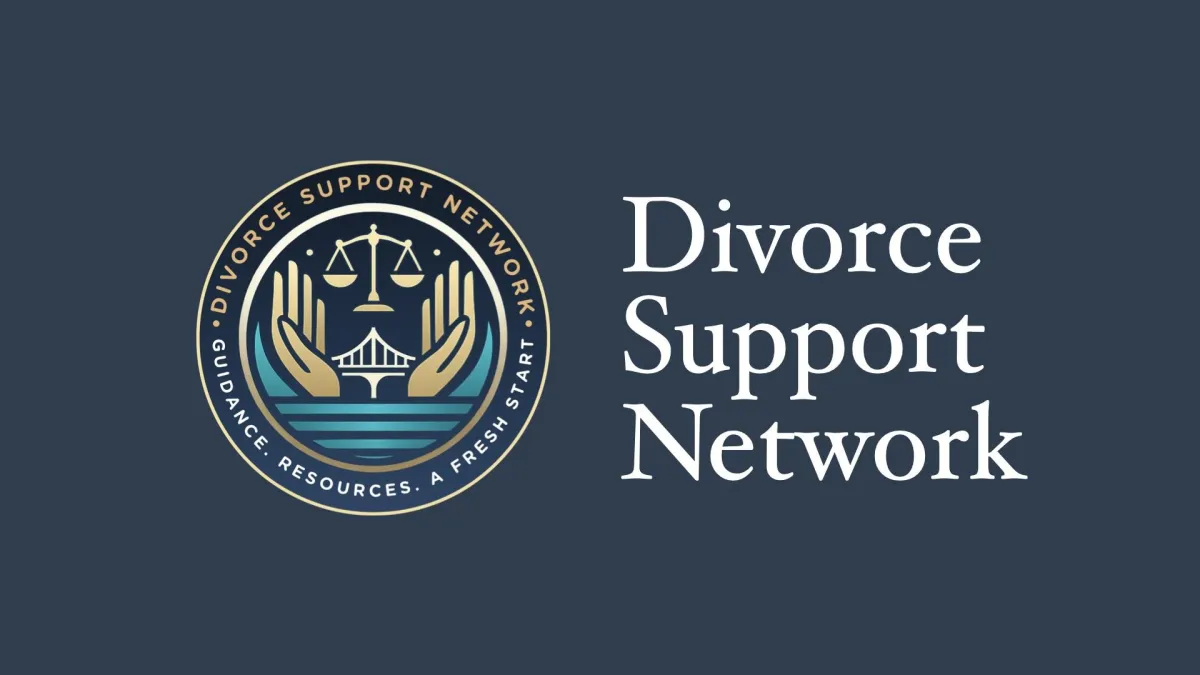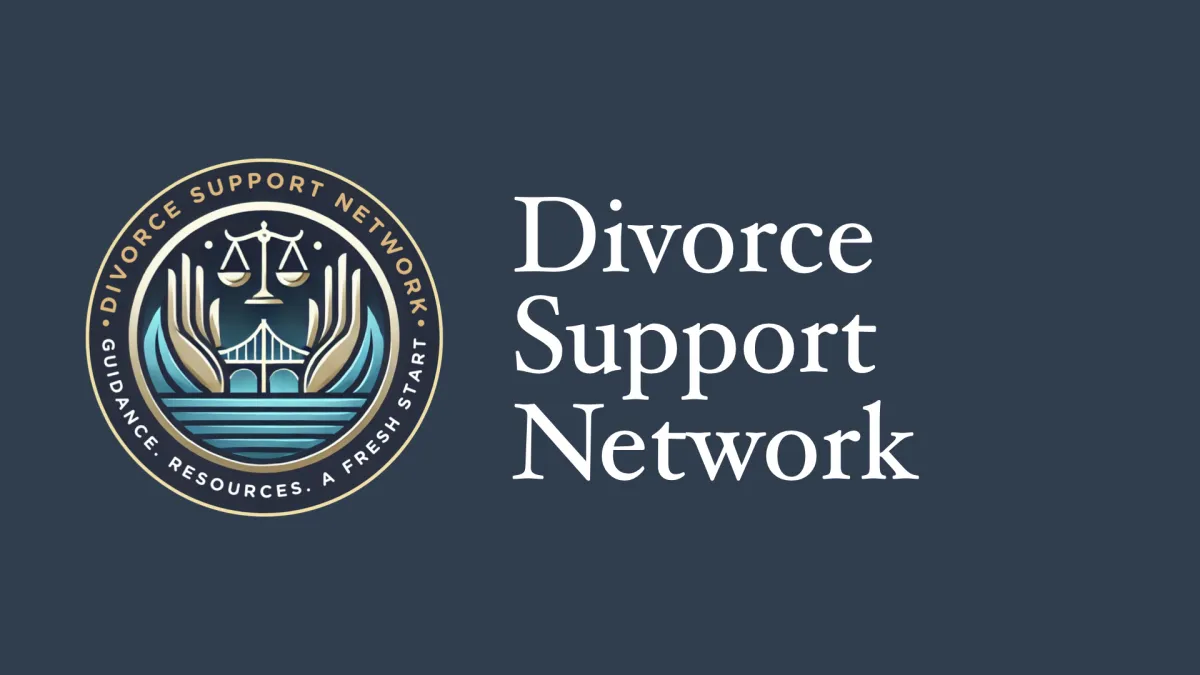
How to Protect Your Peace During a High-Conflict Divorce
Not all divorces are mutual or civil. Some come with chaos. With shouting matches and endless emails. With manipulation, control, or flat-out cruelty. These are the kinds of divorces that don’t just break your heart — they mess with your head. The ones where it feels like the drama never ends, no matter how hard you try to disengage.
If that’s the kind of situation you’re in, we want to say this loud and clear: you are not crazy. And you are not alone.
High-conflict divorces are emotionally draining, mentally exhausting, and incredibly hard to navigate — especially when children are involved. It can feel like you’re constantly on edge, always reacting, always explaining, always trying to stay one step ahead.
The first step to protecting your peace is understanding this: you can’t control them. You can’t force civility. You can’t argue someone into maturity. What you can control is how you respond — and how you care for yourself in the middle of the madness.
Start by setting boundaries that are firm, clear, and repeatable. Communicate in writing when possible. Keep things short and focused. Don’t respond to every jab or dig. You’re not obligated to defend yourself against every accusation. You don’t need to participate in every fight you’re invited to.
If you share custody, stick to the parenting agreement. Let the documentation protect you. Don’t let texts and phone calls pull you into emotional spirals. Create routines that ground your child — and you — no matter what’s going on outside that routine.
And remember: it’s okay to have emotional reactions. High-conflict dynamics can trigger anxiety, fear, anger, and deep exhaustion. Your nervous system is likely running hot. That’s not weakness — that’s survival mode. The goal isn’t to be perfectly calm all the time. The goal is to create a plan so that the chaos doesn’t run your life.
This is also where support becomes critical.
At Divorce Support Network, we connect people navigating high-conflict divorce with the resources and professionals who get it. Attorneys who specialize in complex cases. Therapists who understand trauma bonding and gaslighting. Co-parenting coaches who can help you disengage while still protecting your child’s best interests. People who’ve been where you are and know how isolating it feels.
You don’t have to do this alone, and you don’t have to figure it all out at once. Step by step, you can reclaim your peace. You can build a life that’s steady and safe — even if the other person never changes. Peace isn’t something they can give you or take away. It’s something you protect by choosing yourself, over and over.
You deserve more than survival. You deserve relief. You deserve rest.
And with the right tools and the right support, you can find both — even in the storm.


